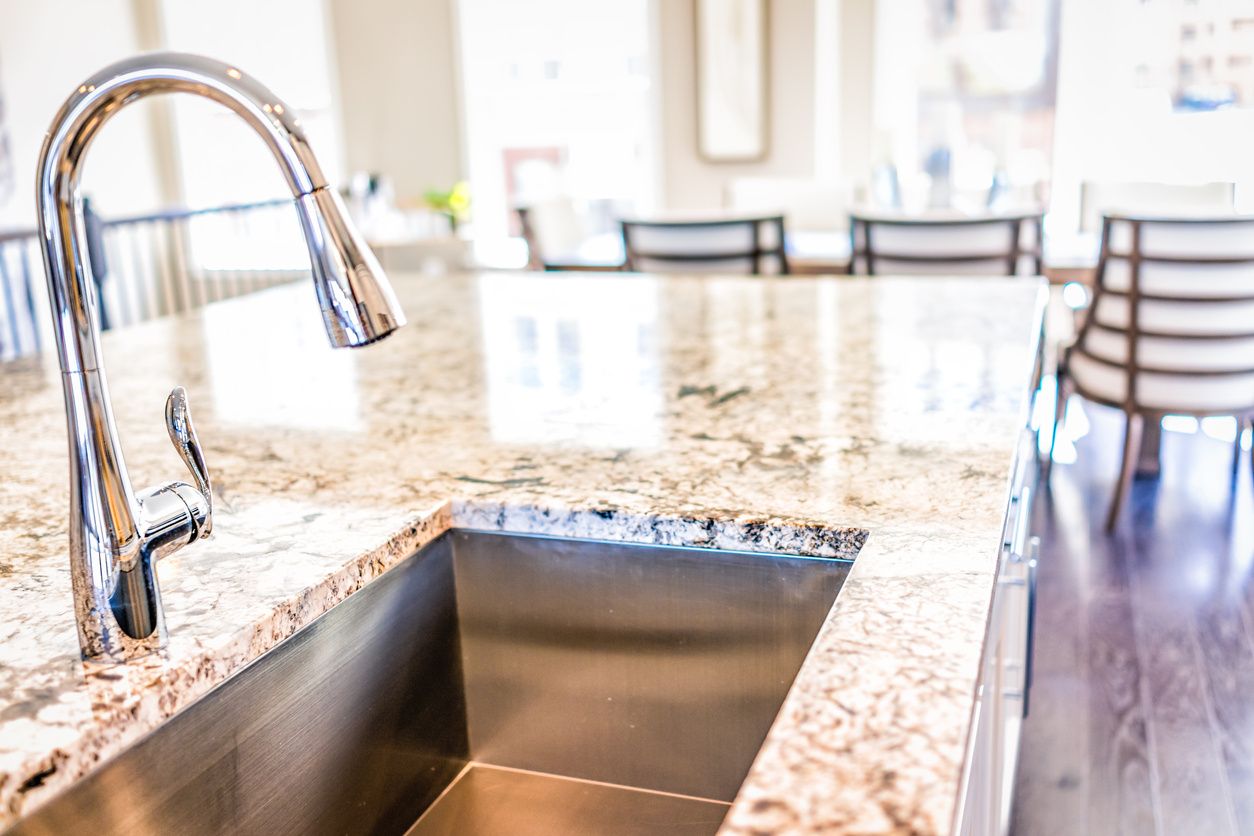Record cold has already hit much of the Northeast, Midwest and Rocky Mountain regions, marking what could be a long, cold winter. As you bundle up your family, you should also make sure your home is protected from winter’s icy grip.
The plumbing in your home could be in danger when temperatures dip below zero in areas that are used to cold weather, and in areas of the country where freezes are rare, temperatures into the 20s have frozen pipes from California, to Texas to Florida.
The last thing you want to deal with when it thaws is a cracked pipe, which can lead to substantial destruction in your home. One of the leading causes of winter insurance claims is from a frozen pipe that bursts.
All that water can eat through drywall, soak carpets and fry electronics. The Federal Emergency Management Agency estimates that just one inch of water can cost more than $20,000 in repairs and replacement of flooded items.
Prevent Pipes from Freezing
Before the thermometer plunges:
- Disconnect outside hoses from faucets
- Insulate water pipes, especially along exterior walls and unheated areas
- Add insulation to walls and attics where pipes may run
- Know where the shutoff valve is to your home
Once the sub-zero weather hits you should:
- Let faucets drip to prevent freezing
- Keep the thermostat above 60 degrees
- Make sure garage doors are closed
- Open kitchen and bathroom cabinets to allow warm air to circulate around plumbing
Prevent Further Damage
So you’ve prepared and kept as much heat as possible going to cold areas, but the cold air still froze a pipe; what now? Stay calm but act as quickly as possible to:
- Locate where the pipe is frozen
- Open the nearest faucet to relieve pressure when the ice thaws
- Slowly warm the pipe with a heating pad, hair dryer, space heater or wrapping it with hot towels – never use a blow torch or open flame
If the pipe has cracked or broken, immediately turn off water at the main water valve and call a plumber. Shutting off the water will prevent further damage.
If there is damage from a broken water pipe:
- Contact your insurance company as soon as possible
- Take photos or video of the damage
- Don’t make permanent repairs until the insurance company adjuster inspects the damage
- Keep all of your receipts for emergency repair work or temporary housing if you are forced out of your home or apartment
Once a pipe freezes, odds are it will happen again. Here are some tips to prevent it in the future:
- Hire a plumber to relocate it to a warmer area
- Add more insulation in walls, attics and crawl spaces
- Wrap the pipe with electric heat tape, when temperatures drop, plug it in
Remember, if a burst pipe sends water into your home, contact a California Casualty Claims advisor as soon as possible; we can help get you started on the cleanup.
And, before the next cold front hits, make sure you you’re protected; call a California Casualty advisor today for a free homeowner or renters insurance policy comparison or review at 1.800.800.9410 or www.calcas.com/NEA.
Learn more about your NEA Auto and Home Insurance Program, provided by California Casualty, at www.neamb.com/autohome.
Sources for this article:
https://www.fema.gov/media-library/assets/documents/132744
http://www.redcross.org/prepare/disaster/winter-storm/preventing-thawing-frozen-pipes
http://www.houselogic.com/home-advice/plumbing/prevent-freezing-pipes/




